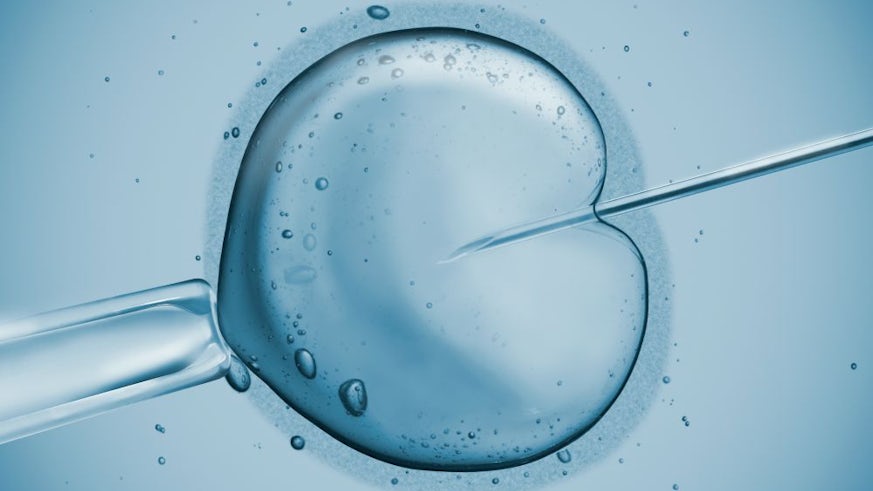Defective sperm ‘rescued’ in fertility treatment study
11 August 2015

Researchers use ‘kick-starter’ protein to trigger fertilization in mouse models
Researchers from Cardiff University have successfully demonstrated that a previously identified ‘kick-starter’ protein can ‘rescue’ defective sperm and be used to create healthy embryos in animal models.
In a study published today, researchers from the School of Medicine have simulated real-life fertilization problems using mouse models and have shown that the protein can trigger the fertilization of an egg when injected at the same time as defective sperm.
The research must still undergo clinical trials; however, the researchers’ expectation is that the study can be replicated in humans and soon be translated into IVF clinics worldwide to substantially increase the success rate of fertility treatments.
Infertility currently affects around one in six couples, and it is estimated that one in three sperm that are currently injected during IVF fail to stimulate the egg.
In 2012, the research team, led by Professor Karl Swann and Professor Tony Lai from the School of Medicine, identified a specific protein in human sperm known as PLC-zeta that was integral for activating an egg and making it ready for embryo development.
In this new study, the research team created an animal model in which the sperm was heated to a certain temperature, making it defective and unable to fertilize an egg.
The team then injected the sperm into an egg together with PLC-zeta, and showed that the defective sperm could be ‘rescued’ by the protein and the egg could be successfully fertilized.
Furthermore, the researchers showed that this process had no detrimental effects on the resulting embryo, regardless of whether they injected PLC-zeta together with either a defective or a normal sperm.
Professor Karl Swann said: “Infertility is a sensitive and poorly understood topic. If we can show that this protein can be applied therapeutically, it should help many infertile couples overcome the stigma associated with problems caused by the sperm’s inability to fertilise the egg.”
The Associate Dean of Health Sciences at Dundee University School of Medicine, Professor Chris Barratt, an international expert in reproductive medicine and male infertility, said: “Achieving successful fertilization is fundamental to the success of in vitro fertilization.
“In a significant number of cases this fails, or the process is inefficient. A key to improving the efficiency of IVF is overcoming fertilization defects. The availability of recombinant PLC-zeta promises to be a real breakthrough in the field of reproductive medicine.”
The results have been published in the journal Molecular Human Reproduction.